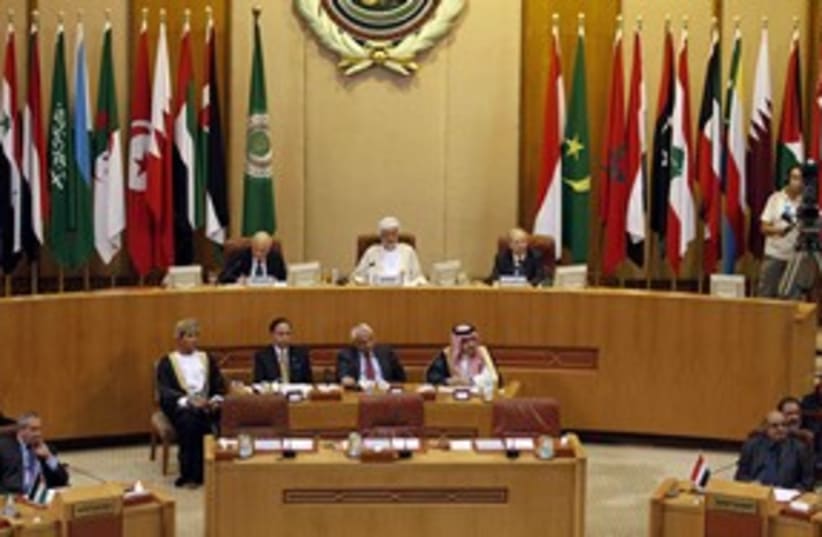Reuters contributed to this report.
Arab League suspends Syria, pledges sanctions
US, Europeans hail surprise move, which calls on Arab states to withdraw envoys from Damascus; Cairo-based bloc has suspended members only twice before in 66-year history.

Reuters contributed to this report.